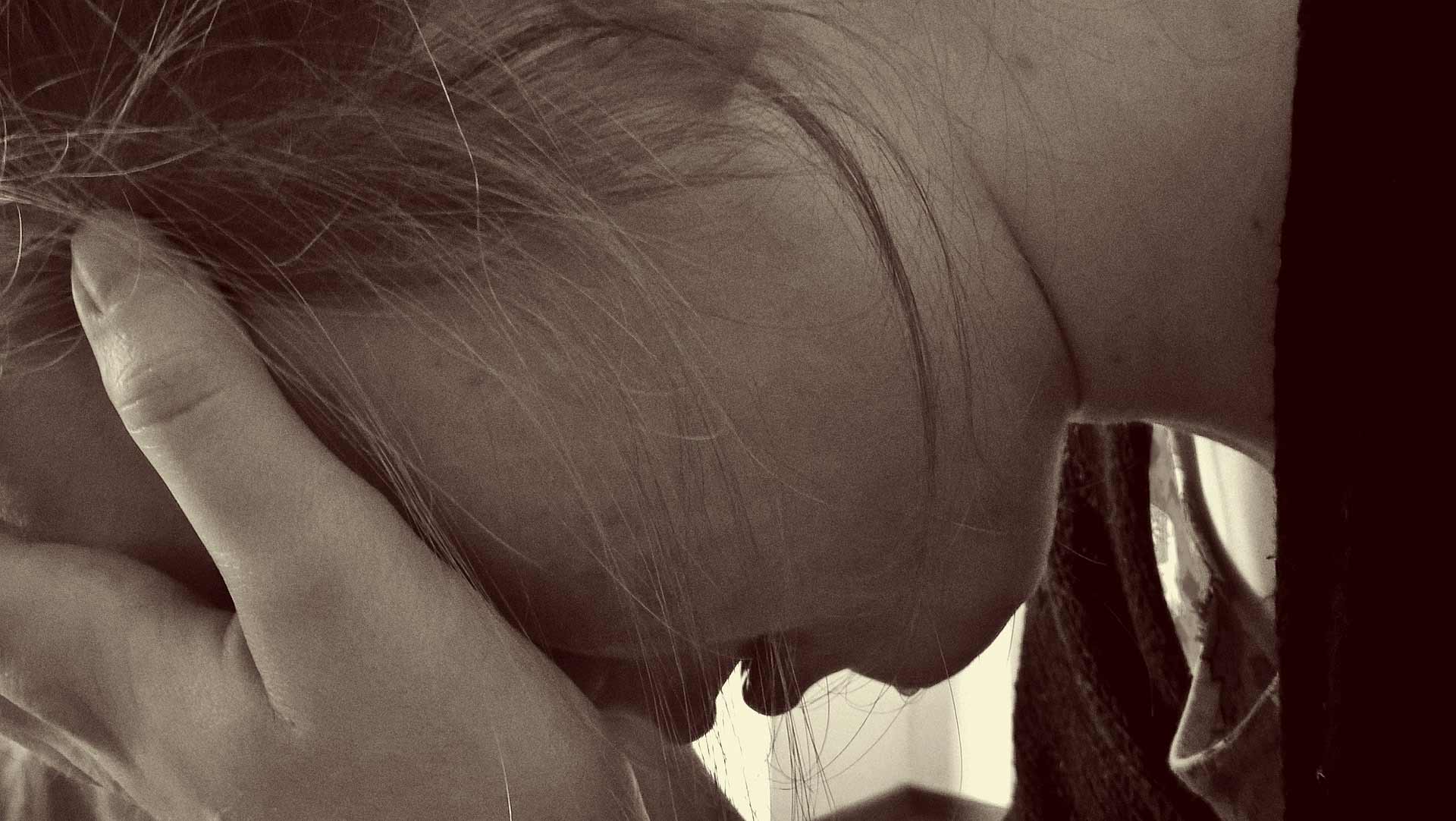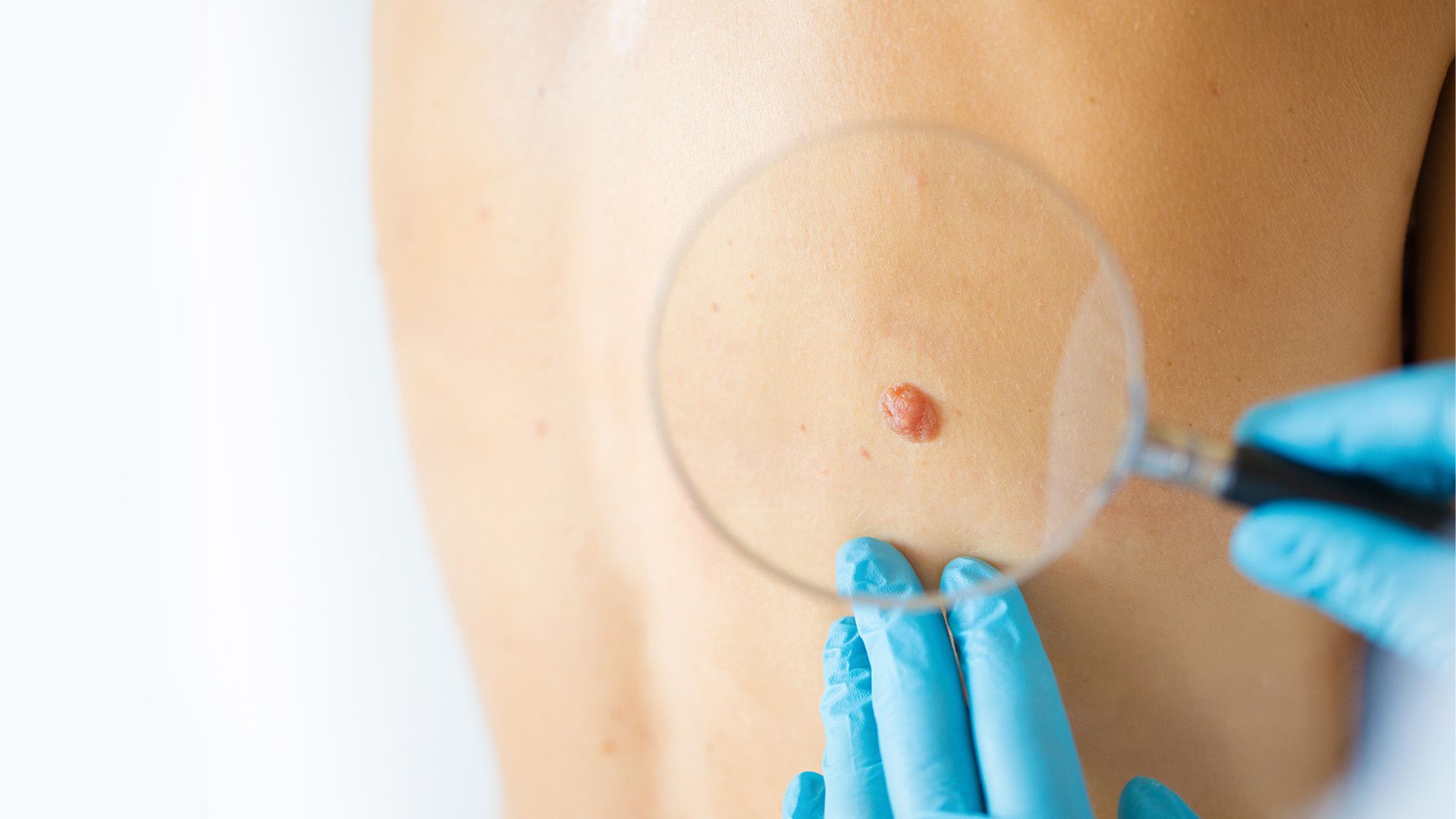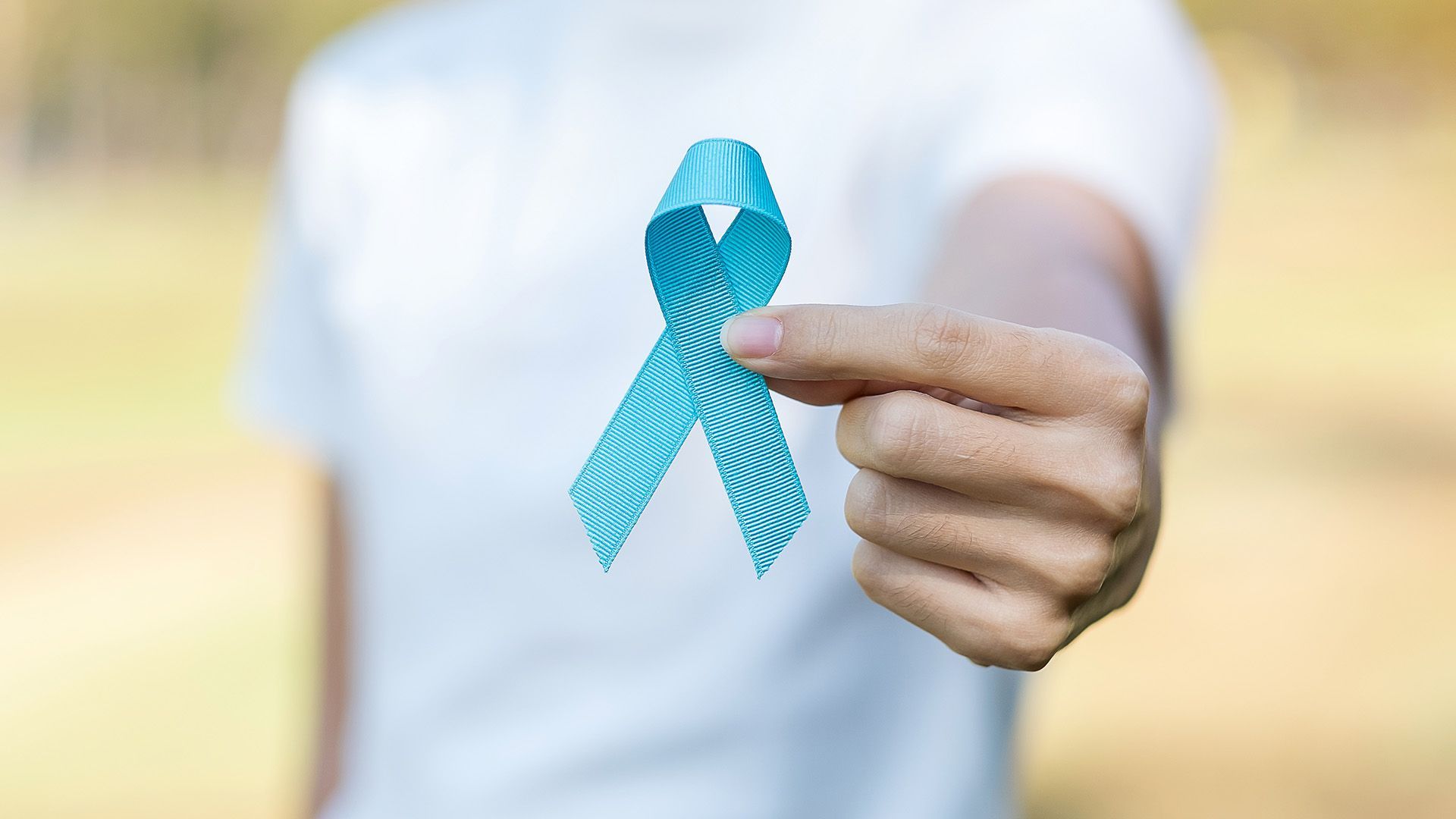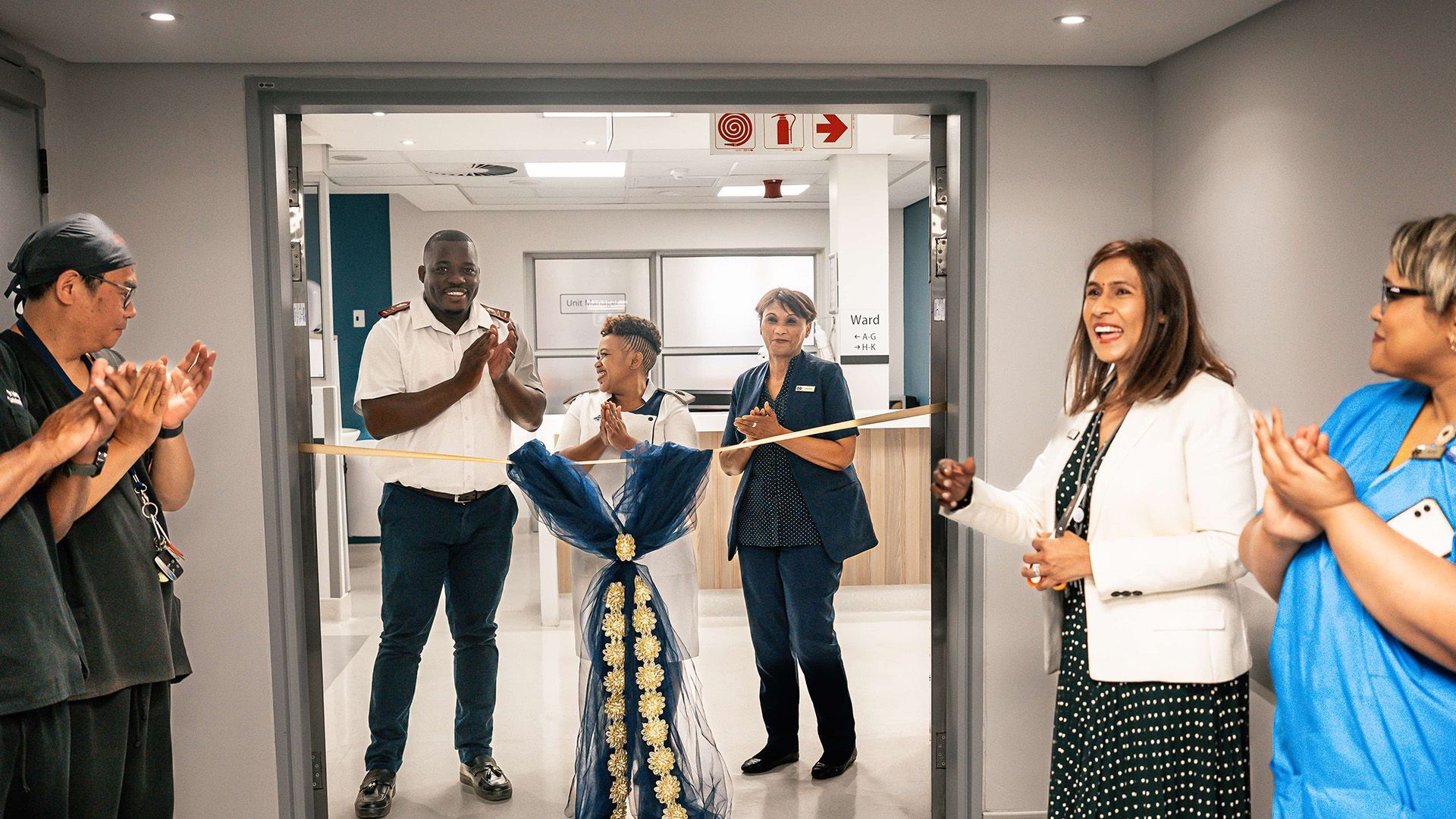Why do some people cope better with stress and trauma than others?
Drickus Maartens • December 13, 2019
Faced with traumatic events or stressful situations, some individuals are able to cope better and ‘bounce back’ from such experiences quicker than others. Dr Kim Laxton, a psychiatrist practising at Akeso Randburg Crescent Clinic, looks at the factors that may make some people more resilient than others.
“Resilience refers to a person’s ability to recover reasonably soon after going through a psychological trauma or distressing experience that can affect them both physically and emotionally,” Dr Laxton explains.
The question one might ask is this, “How long does it take for an individual to recover from such an experience to the point where they are able to function normally again?” The simple answer is that the more resilient someone is, the quicker they are likely to recover.
According to Dr Laxton, it is difficult to determine when and to what extent a person has recovered from psychological trauma, or how long this could take. This is because there is no objective standard of what constitutes ‘normal’ recovery time or functioning across the population.
“After experiencing psychological trauma, whether it is the experience of being a victim of a crime or perhaps having an upsetting heated argument, there are three common ways in which people react.
“Either the individual will explode with anger or alternatively they could become withdrawn and unable to respond at all – these two reactions indicating a lack of resilience and an inability to control their response to address the situation and move on from it.
“The third type of response would be for the individual to temporarily experience potentially overwhelming and distressing emotions, and then find a way to move on from the experience. Optimism, humour, forgiveness and finding ways to redefine the negative experience as a learning and growing experience, are some of the tools that can help the person to positively process what has happened and heal from the psychological trauma. Some people even experience post traumatic growth after an incident that spurs them on to evolve to a higher level of functioning and emotional maturity,” she says.
Asked what determines individual levels of resilience, Dr Laxton explains that there are various contributing factors, including genetics, parenting styles and the trauma itself.
“People are born with a certain level of innate resilience, however some of the genetic ‘markers’ of resilience potential may be switched on or off depending on the developing child’s experiences. In families, we tend to find that adolescents will usually display a similar level of resilience as their parents. Children often imitate the way their parents interact with the world.
“All these contributing factors can result in the individual either building up resilience or developing a fragile personality. Failure to develop resilience may lead to unhealthy responses to psychological trauma in later life, such as substance abuse as a means of dissociating from a traumatic event, which in itself can have unhealthy and even devastating self-destructive consequences, Dr Laxton explains.
“It can be hard to control ‘knee-jerk’ reactions to negative experiences. Some helpful tools or mechanisms are available, but require effort, and, oftentimes, professional support,” Dr Laxton notes.
“Gaining insight into your background can help in identifying the impulses one feels in stressful situations, and go some way towards developing more appropriate coping responses. Learning to identify the triggers that provoke unhealthy responses, and finding ways to distance yourself from these, are useful in developing effective coping strategies and, in time, can help to build resilience,” she concludes.

December 22, 2024
As the holiday season kicks off, it’s all too easy to get caught up in the festive spirit and overlook potential medical emergencies. Dr Neville Vlok, a specialist emergency medicine physician practising in the emergency department at Netcare Unitas Hospital, highlights four health issues that could disrupt even the most carefully planned holiday celebrations.
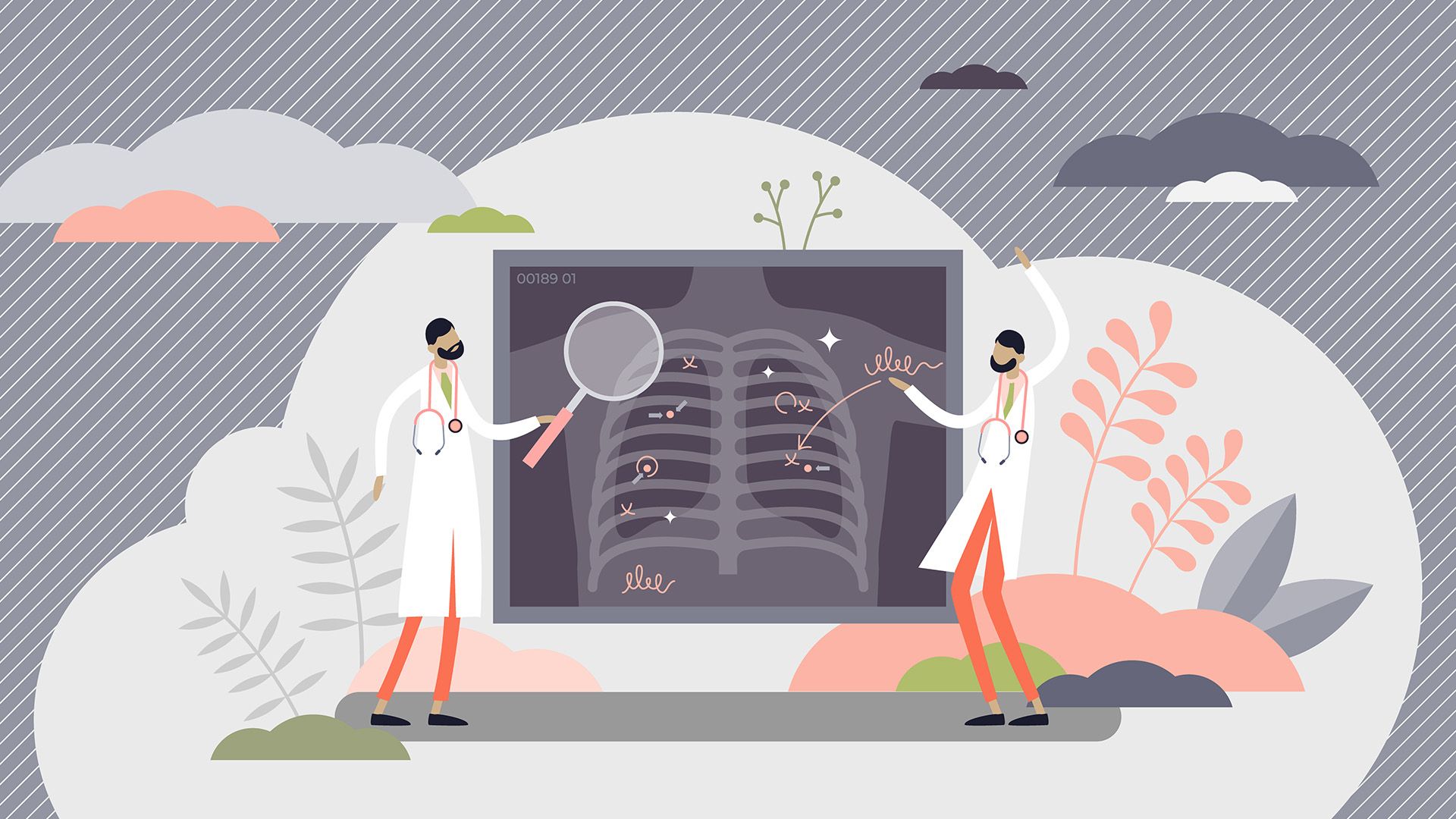
December 11, 2024
Clinical oncologists Dr Sylvia Rodrigues and Dr Karen Motilall have been prescribing radiation treatments for their cancer patients requiring this treatment modality, with the Varian TrueBeam™ 4.0 linear accelerator (linac), for the past year and have seen the equipment’s versatility and advantages for patients.

